Community Spirit: Collaborating With Neighbors For Hurricane Preparedness
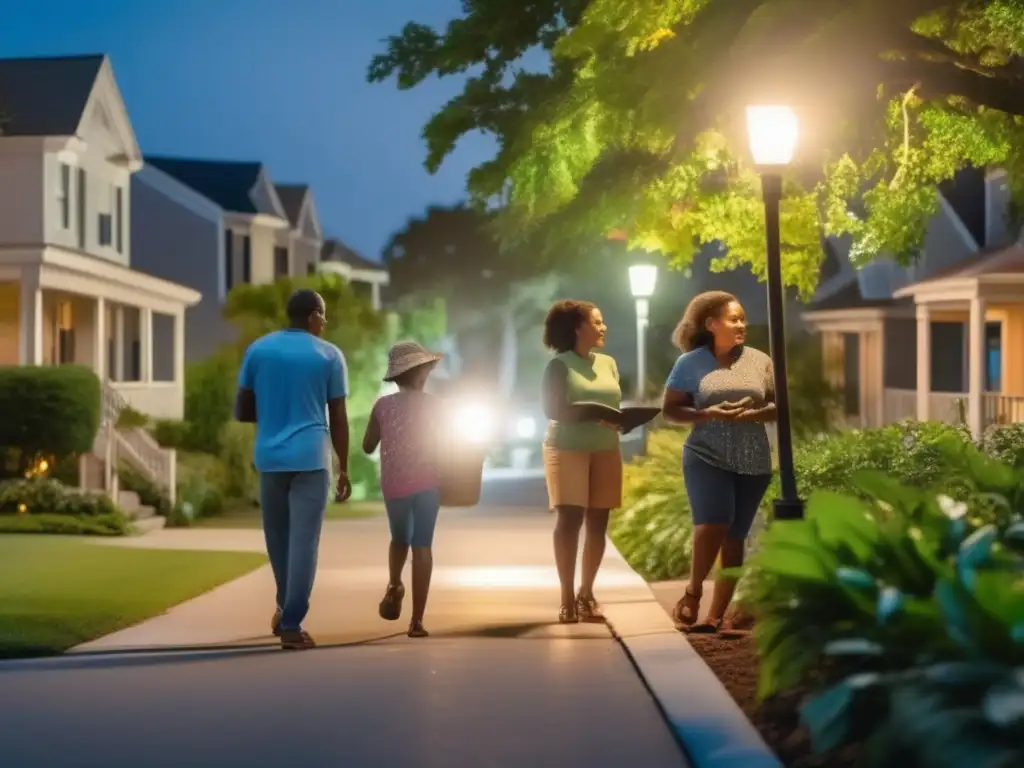
Community Spirit: Collaborating with Neighbors for Hurricane Preparedness
Introduction
Hurricanes are natural disasters that can cause significant loss of life and property damage. They can strike without warning, leaving individuals and communities vulnerable to their impact. Preparation is the key to mitigating the risks associated with hurricanes, and that requires collective effort. This article aims to provide an in-depth understanding of hurricane preparedness through community collaboration.
Why Collaborate with Neighbors for Hurricane Preparedness?
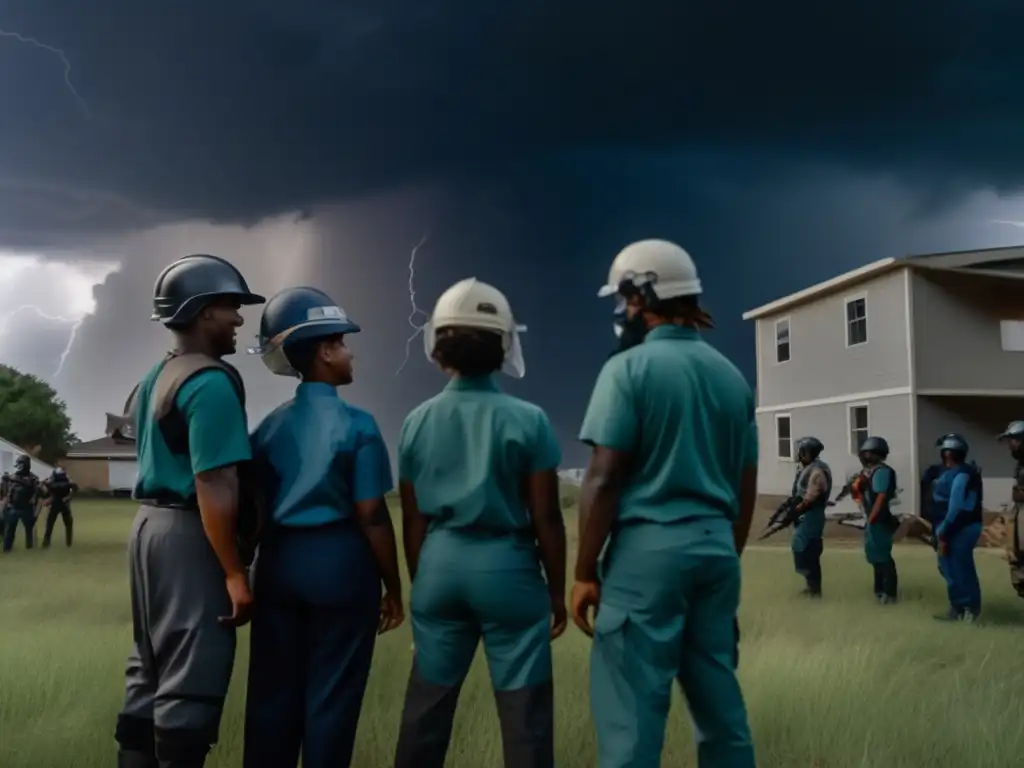
Building Trust and Strengthening Relationships
Collaborating with neighbors for hurricane preparedness is essential because it builds trust and strengthens relationships within the community. Knowing that one can rely on their neighbors during adverse times creates a sense of belonging and enhances the overall well-being of the community. This is particularly important when a hurricane strikes, as it can be a traumatic experience for many individuals. A strong sense of community support can help alleviate some of the anxieties that come with natural disasters.
Collaborating with neighbors also allows for resources and knowledge to be shared within the community. During a hurricane, essential resources such as food, water, and shelter may become scarce. Having a network of neighbors to rely on can help ensure that everyone's basic needs are met. Additionally, collaborating with neighbors allows for knowledge and skills to be shared. For example, someone within the community may have expertise in first aid or possess knowledge of survival skills. Such knowledge-sharing can be invaluable in the event of a hurricane.
Increase Preparedness Levels
Collaborating with neighbors also helps increase preparedness levels within the community. When individuals work together, they are more likely to develop comprehensive plans that are tailored to the unique needs of their community. Furthermore, by working together, communities can identify vulnerable individuals who may need additional assistance during a hurricane, such as seniors or those with disabilities.
What are Some Strategies for Collaborating with Neighbors?
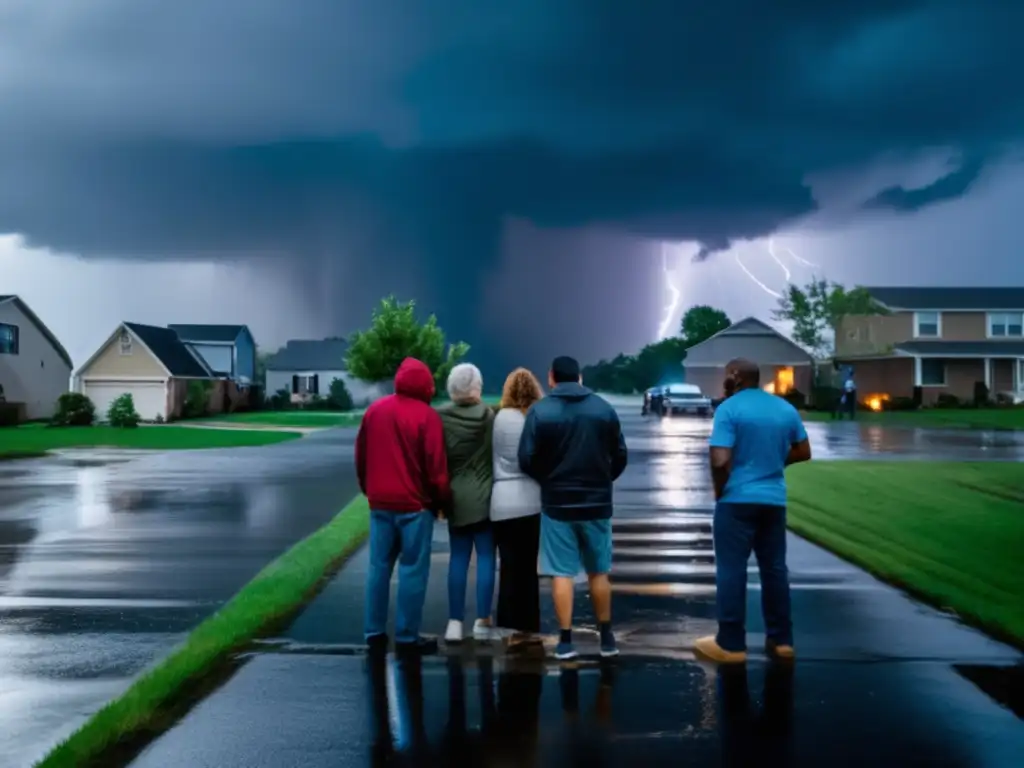
Organizing Meetings and Events
Organizing meetings and events within the community is an excellent way to foster collaboration among neighbors. These events can take the form of potlucks, town hall meetings, or workshops. During these events, neighbors can discuss hurricane preparedness plans and share resources and knowledge. Additionally, these events can be used to identify vulnerable individuals within the community and develop plans to provide them with the necessary support during a hurricane.
Developing Communication Networks
Developing communication networks within the community is essential for effective collaboration. During a hurricane, communication networks can be used to share information about resources and safety measures. Additionally, these networks can be used to check in on vulnerable individuals within the community and ensure that they are safe and have the necessary resources.
Sharing resources within the community is critical for effective collaboration. This can involve sharing tools, such as generators and power tools, or food and water. By pooling resources, communities can ensure that everyone's basic needs are met during a hurricane.
How Can Communities Collaborate with Local Emergency Management Agencies?
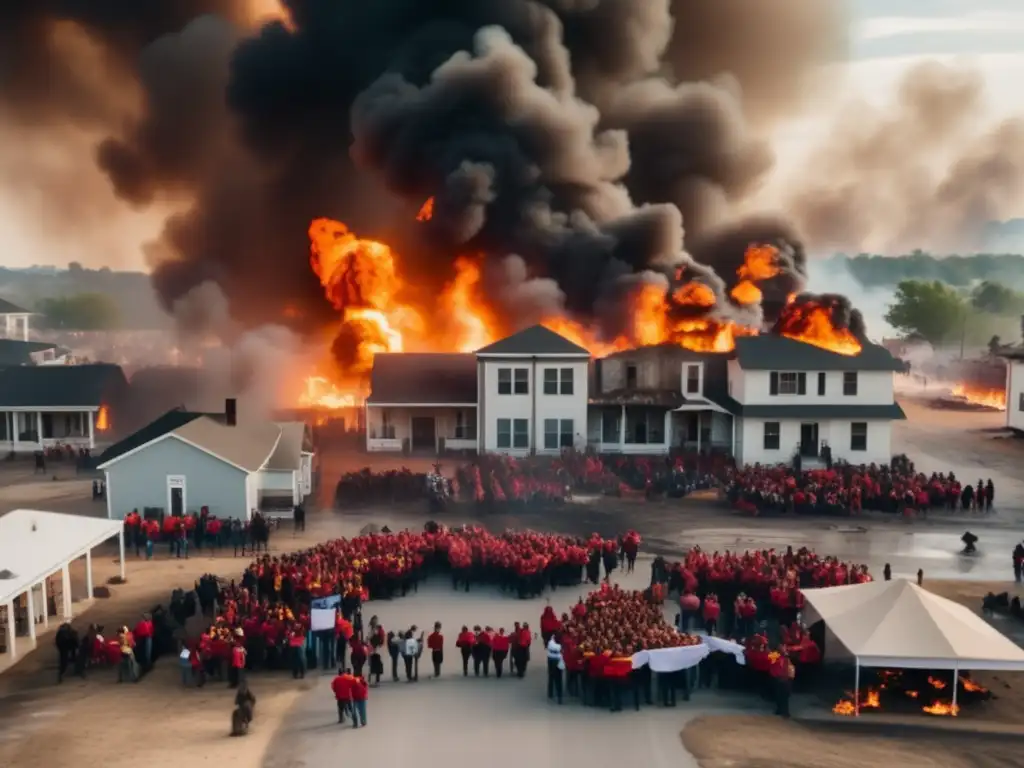
Participating in Community Emergency Response Team (CERT) Programs
Community Emergency Response Team (CERT) programs are designed to train community members in basic disaster response skills. By participating in CERT programs, communities can increase their overall preparedness levels and collaborate more effectively with local emergency management agencies. CERT programs provide training in basic first aid, search and rescue operations, and other disaster response skills.
United in the Face of Disaster
Collaborating with neighbors for hurricane preparedness is essential for ensuring that communities are equipped to weather the impact of hurricanes. Through collaboration, communities can build trust and strengthen relationships, share resources and knowledge, and increase overall preparedness levels. This collaborative effort extends beyond just neighbors and must also include local emergency management agencies. When everyone works together, we can be united in the face of disaster.
Frequently Asked Questions

-
How can I identify vulnerable individuals within my community?
You can identify vulnerable individuals within your community by holding community meetings or events, and during those events, asking individuals if they would need additional assistance during a hurricane. You can also work with local emergency management agencies to identify these individuals.
-
What should I do if I am unable to obtain essential resources during a hurricane?
If you are unable to obtain essential resources during a hurricane, reach out to your neighbors or local emergency management agencies. They may be able to provide you with the necessary resources.
-
How can I get involved in CERT programs?
To get involved in CERT programs, contact your local emergency management agency or visit the FEMA website for more information.
-
What are some essential resources to stockpile before a hurricane?
Some essential resources to stockpile before a hurricane includes nonperishable food, bottled water, batteries, first aid kits, flashlights, and blankets.
-
How often should I hold community meetings or events to discuss hurricane preparedness?
Community meetings or events should be held periodically throughout the year, with an emphasis on the hurricane season.
Conclusion
Collaborating with neighbors for hurricane preparedness is essential in ensuring that communities are equipped to weather the impact of hurricanes. Collaboration builds trust and strengthens relationships, shares resources and knowledge, and increases overall preparedness levels. Communities must work together with local emergency management agencies to develop comprehensive hurricane preparedness plans that are tailored to the unique needs of their community. By working together, we can be united in the face of disaster.
Thank you for taking the time to read this article. If you have any additional thoughts or ideas on community collaboration for hurricane preparedness, please feel free to share them in the comments section below. Remember to subscribe to hurricaneinsider.org for more informative content on hurricanes.
Additional Resources
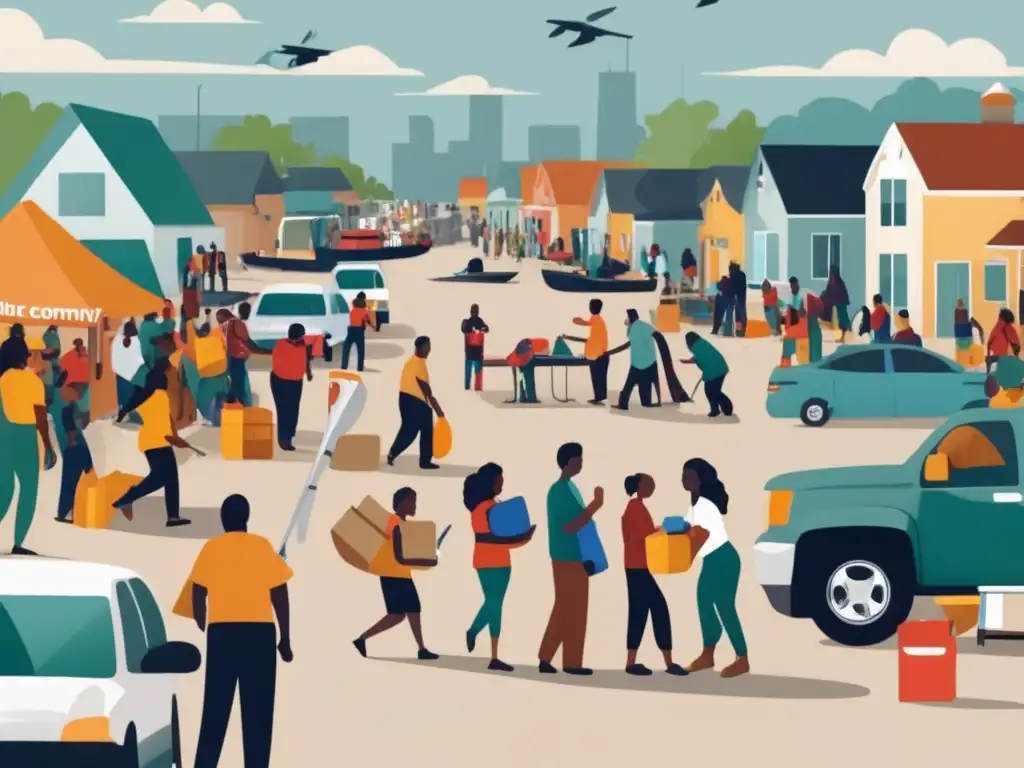
- https://www.ready.gov/hurricanes
- https://www.fema.gov/community-emergency-response-teams
- https://www.redcross.org/get-help/how-to-prepare-for-emergencies/types-of-emergencies/hurricane.html
If you want to discover more articles similar to Community Spirit: Collaborating With Neighbors For Hurricane Preparedness, you can visit the Hurricane preparedness: category.
Leave a Reply



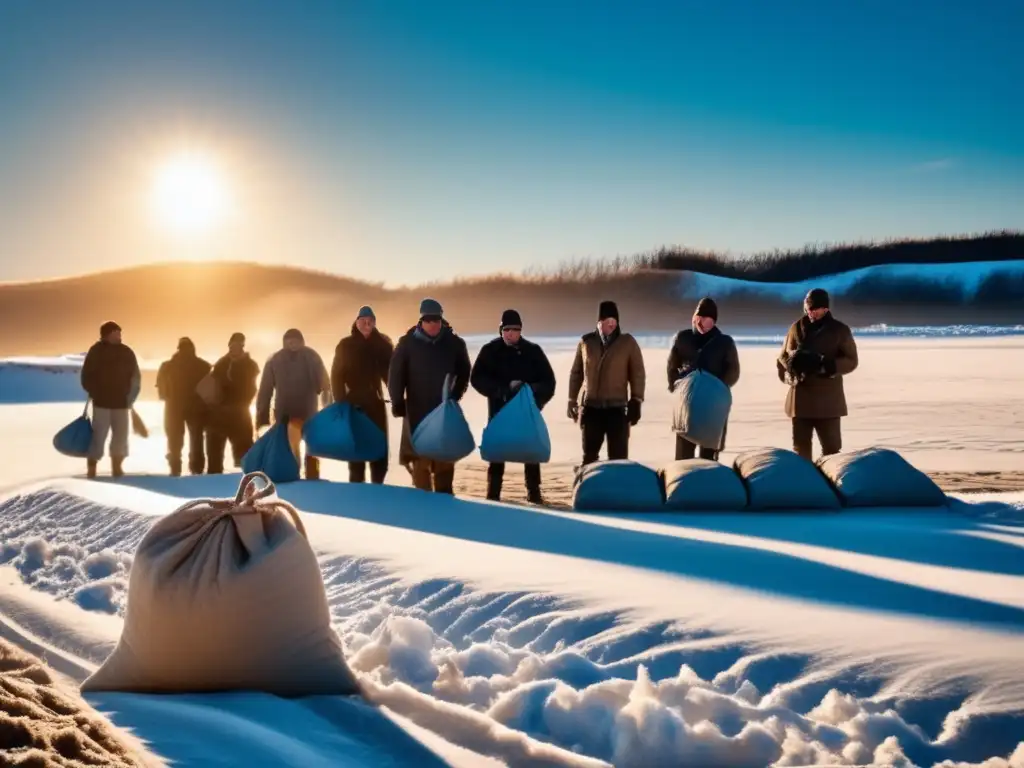
Articulos relacionados: